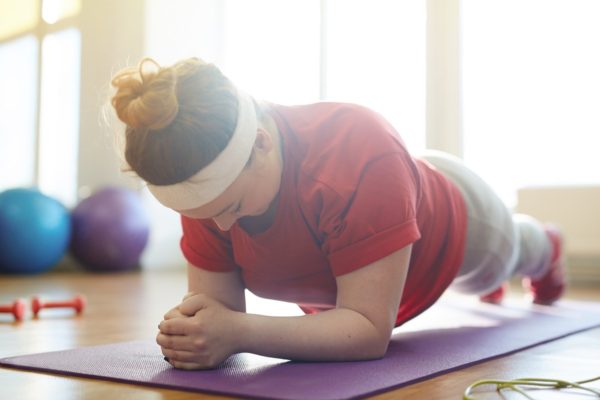
Diverticulitis
Pressure in the colon can result in diverticula jutting out into the colon wall. If these small pouches tear, the result is inflammation and often infection. Many people suffer diverticulitis complications, which include a pus-filled pocket known as an abscess in the colon, intestinal blockage, or an opening created between the bowel and bladder. The latter, known as a fistula, may make itself known by blood in the urine. In a worst-case scenario, peritonitis sets in, and this may prove fatal without emergency medical treatment. The infected pouch bursts open, and the intestinal contents end up in the abdominal cavity.
Diverticulitis is most common among older people. Other risk factors for developing diverticulitis include obesity, excessive alcohol use, smoking, and a sedentary lifestyle. Those consuming a diet high in animal fat but low in fiber also increase their risk of diverticulitis, as do those who drink too much caffeine. Taking non-steroidal anti-inflammatory drugs (NSAIDs), such as ibuprofen or naproxen, regularly increases diverticulitis risk, and so does opiate or steroid use.
Diverticulitis Symptoms
Suspect possible diverticulitis if experiencing constant pain in the lower left abdomen. However, the right side of the abdomen is also a potential site for diverticulitis, so the condition is a possibility if either side the abdomen is tender. Fever, along with nausea, vomiting and chills, often accompany this disease. Many patients become constipated, although diarrhea also occurs.
In any case, a person experiencing these symptoms should seek immediate medical attention.
Diverticulitis Diagnosis
The doctor may conduct a variety of exams to pinpoint diverticulitis as the cause of the patient’s pain. These include:
• Physical exam
• Blood and urine tests
• Abdominal CT scans
• Testing liver function
Diverticulitis Treatment
Many patients suffer from mild diverticulitis, and they may respond to dietary changes, antibiotic therapy and rest. Those exhibiting more serious symptoms may require surgery. The same holds true for people suffering recurrent bouts of the disease.
For More Information, Arrange a Consultation
If you are experiencing any symptoms of diverticulitis, schedule a personal consultation at Piedmont Colorectal. Contact our Atlanta practice to speak to a member of our team today. After making a diagnosis, we will discuss your treatment options.

